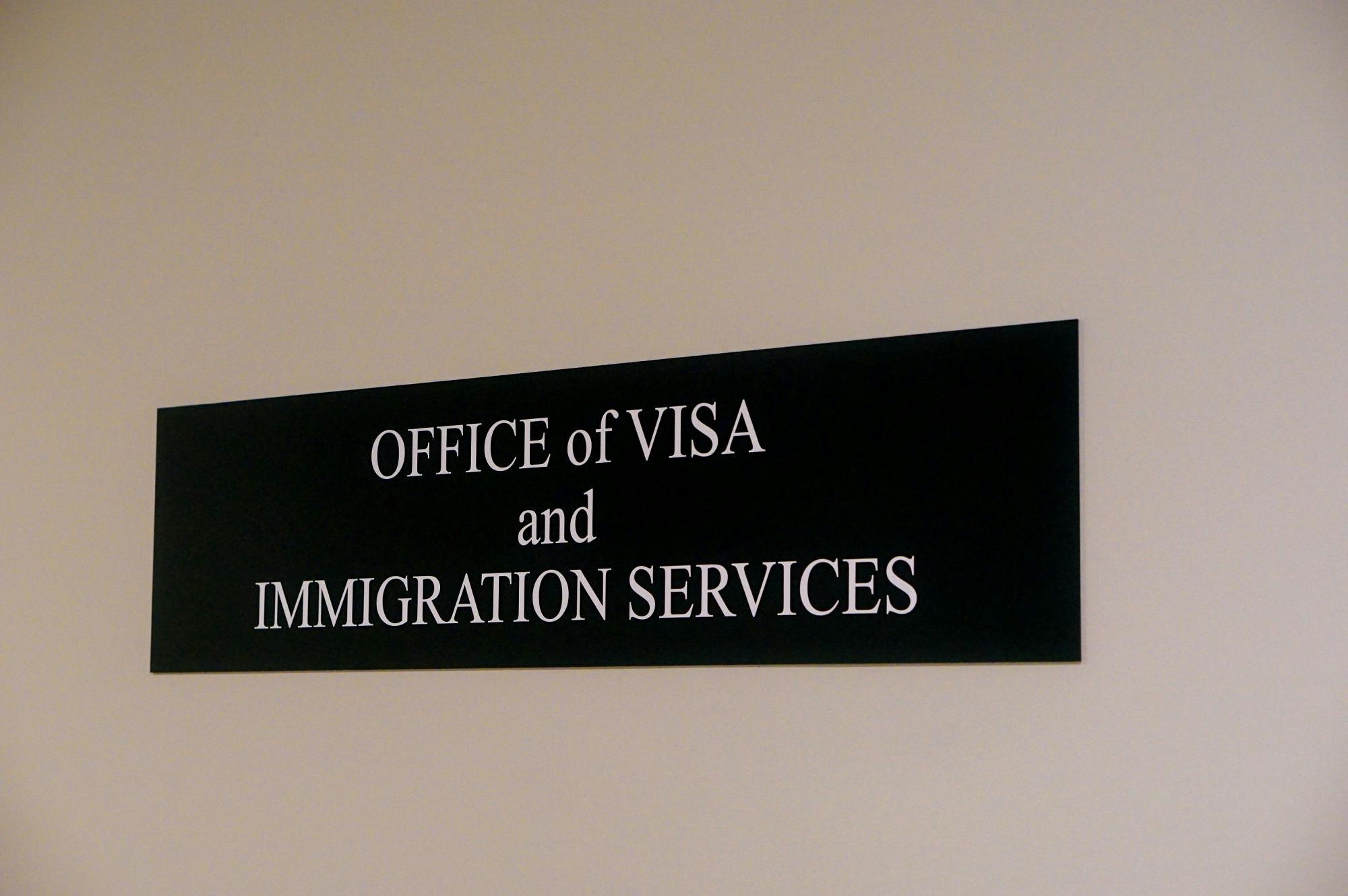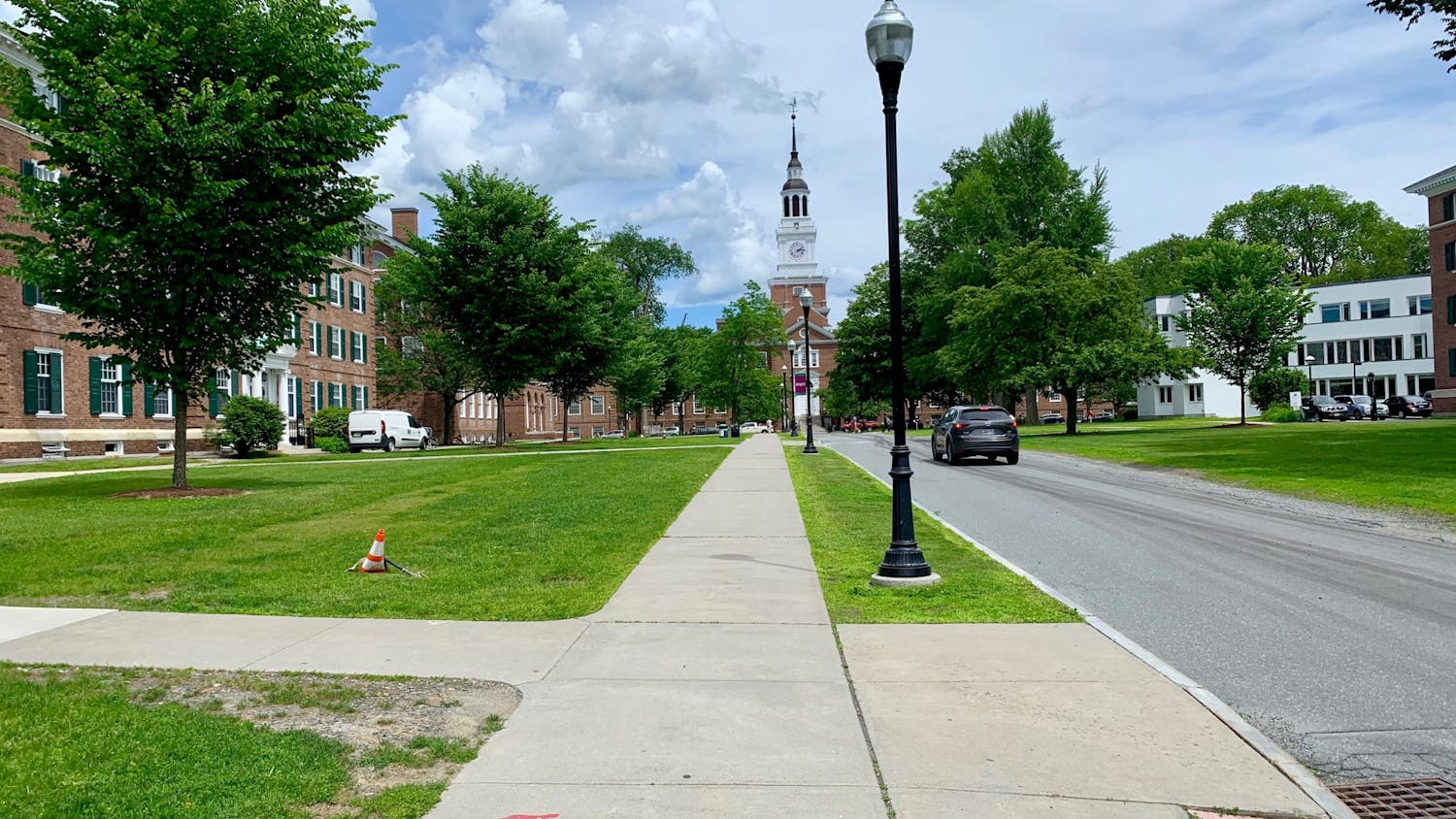In the wake of new federal guidance that would prohibit international students taking online-only classes from remaining in the U.S., Dartmouth filed an amicus brief in support of a federal lawsuit filed by Harvard University and the Massachusetts Institute of Technology. The lawsuit seeks a temporary restraining order to prohibit enforcement of the federal guidance.
The new rules mark a change from previous guidance that allowed international students to take online-only classes and remain in the U.S. Dartmouth, in addition to opposing the new rules through an amicus brief, has stated that it is “working to identify possible solutions for fall-term instruction.”
According to immigration lawyer Ronald Abramson, this new guidance “basically [declares] that any international students either here on an F1 or an M1 visa, who are going to transition to online only or even online mostly course loads, would be out of status and would need to depart the United States or be in danger of deportation.”
Abramson added that if international students are enrolled in a university that offers in-person classes, they must abide by previously existing federal visa regulations. Universities with a hybrid model, Abramson said, must verify that international students are not taking an entirely online course load in order for these students to maintain their visa status.
On July 8, the College published a press release in response to the new operational guidance. In the press release, the College condemned the ICE guidelines and stated that it would continue to support international students “through the national associations advocating for higher education institutions and our international students, and through continued outreach to our elected representatives.”
On July 7, the first set of FAQs regarding the guidelines was released by the Student and Exchange Visitor Program. In an email sent to international students, the Dartmouth office of visa and immigration services wrote that the FAQ page issued by SEVP “contains statements that are inconsistent with the initial guidance.”
OVIS has stated that it is currently focused on interpreting the guidance in order to help new and continuing students understand its implications.
Abramson added the modifications are technically not a change in policy, but rather a “hyper-technical” and “very restrictive” interpretation of a regulation which was never intended to apply to a pandemic. He added that the new guidance “seems like just another step in the Trump’s administration's constant efforts to slow things down, limit and restrict immigration.”
Abramson said that all members of the Dartmouth community who are concerned about this issue should stay informed about the changing nature of the situation, but “given recent history, there’s no indication that public pressure will encourage ICE to change.”
International Students’ Association vice president Marco Cabrera ’21, an international student from Costa Rica, said that this policy is “quite disruptive for most international students” and “adds to the overall sense of uncertainty with everything going on right now.”
Likewise, Brandon Zhou, ISA executive board member and international student from Canada, said that the new guidelines have made it difficult for him to plan for the upcoming school year. He added that he is considering taking a gap year, but that “even taking a gap year has its own complications as far as his visa status goes.”
Cabrera said that international students are remaining in constant contact with each other through the ISA Whatsapp group chat. Zhou added that international ’24s were recently added to this group chat, so that they too could be in conversation with and receive support from international upperclassmen.
Jessna Brar ’24, an incoming international student from India, said that the new guidance is not weighing on her mind because the U.S consulates in her country are closed, so even if she could attend in-person classes, getting a visa was going to be a “huge problem.”
According to Brar, many international students are scheduling visa interviews in September, October and even January of 2021. She added that even the students who are able to secure visa interviews do not know what to say in their interviews because they are not sure whether they will be on campus.
However, Brar said that the College has assured international members of the Class of 2024 that if they are unable to schedule interviews in time for the fall term, they may enroll remotely for the fall and join their peers on campus in the spring. Brar said that she is worried that the time zone difference will make it difficult to fully participate in or enjoy online classes.
“A lot of people don't want this online experience, so they're just going through with the gap year option,” Brar added.
On July 7, Latin American, Latino and Caribbean studies professor Jorge Cuellar tweeted, “If I can support any Dartmouth international student with developing an in-person independent study to stave off this absurd change or just to plan ahead, please reach out.”
Cuellar said that he posted the tweet because he wanted to offer students an “anchor of support” and show that there were members of the faculty who support international students. He and his colleagues have been brainstorming ways to offer support for international students. As for the proposed independent study, Cuellar has an ongoing research project which students could participate in and modify to their own interests or skills.
Cuellar said that international students are a core part of Dartmouth’s mandate of global learning. He said he sees the new guidance as an erosion of the protection that academic institutions have previously offered.
According to Abramson, the guidance also places pressure on universities to return to in-person classes in the fall.
“It basically tells schools, if you are not holding in-person classes, then your international students are out of status,” he said.
He added that the guidance is harmful to universities because international students are an important part of any university community, and international students are a significant source of income and revenue during a time when schools are already hurting.




